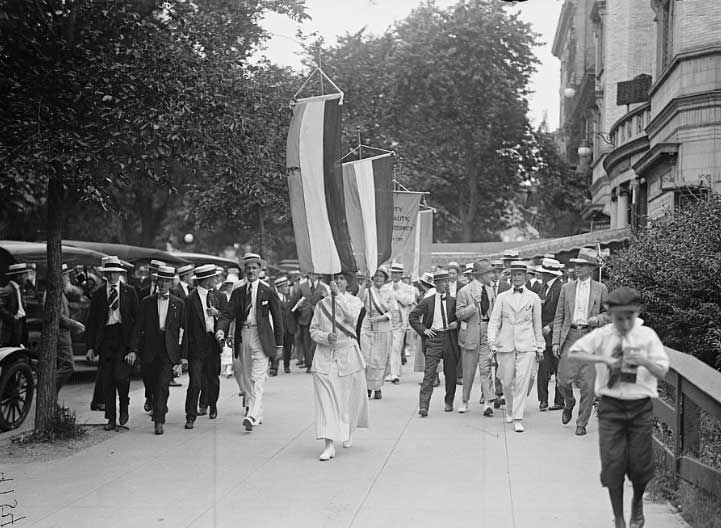How has the notion of gender inequality changed over time in history?
s
By Francis David
We all have heard about gender inequality. Even though there are a lot of organizations that actively fight to combat it, it still is very present in our societies. This might sound confusing, especially because anyone knows that the gap is beginning to be smaller and smaller.
However, many studies and research have highlighted the fact that it will take a lot more years to close this gap. When it comes to wages, it might take almost 200 years to close the financial gap between men and women.
So, if you are wondering what is gender inequality or which are some examples of inequality, read on to discover. We will present the main historical events that shed more light on the subject. And that, of course, changed people’s views on this topic.
Votes for Women

As a college student, you might need to write an essay on gender inequality topics. There are a lot of events that describe this movement and a lot of events that changed history. Looking back at people's perspectives on women’s rights is interesting. But it also helps you understand the present better, as people usually take it for granted.
So, the movement “Votes for Women” was among the first ones to fight for equal rights for men and women. Before this movement appeared, women did not have the right to vote and choose someone that represents their views. Only men were allowed to vote back in the 20th century. There are many gender inequality essay topics you can read and find out more about the topics. University students around the world are talking about topics related to this theme, so you can learn more about this issue and enlarge your knowledge by reading these essays.
And all of them start with presenting the “Votes for Women” movement. And to see the public’s opinion on this movement back then, you can look at the words used to describe it. For example, suffragette is one of the words used to describe women who were part of the movement.
Even though nowadays the meaning of the word has changed, back then it was used to describe nasty women. It was used as a sexual insult, as many thought that women should not have the right to vote. Women fighting for their rights wanted to catch the attention of the changemakers. While the suffragettes were militant, other movements were more peaceful. However, all the groups that protested for women’s right to vote have managed to raise awareness on this issue.
New Zealand was the first country to react and give equal voting rights to women in 1893. After that, other countries followed. Even though it took quite a few years, a lot of countries gave this right to women back then. But if we take a look at how some countries are working with their gender inequality issues, the problem is far from being solved.
For example, Saudi Arabia gave voting rights to women only in 2011, 118 years after the first country did this. And there still are countries where women can’t vote, such as Pakistan, Uganda, Kenya, Qatar, Egypt, and others.
Marriage
Another right denied to women a lot along history is the right to choose who to marry. Their future was so dependent on their husband, that they were not even allowed to have properties.
Everything they earned was the property of the husband, so women were simply denied the right to do what they want with their lives. There was the common conception that women’s rol e is to care for the family, children, and house. They weren’t even allowed to inherit properties if there was a male sibling alive, no matter the age.
e is to care for the family, children, and house. They weren’t even allowed to inherit properties if there was a male sibling alive, no matter the age.
What’s more intriguing and saddening at the same time is that the body of the woman was the property of the husband. Until spousal rape was outlawed, violence against women was the norm. What’s even more saddening is that this is still allowed in some countries such as Saudi Arabia, Yemen, Egypt, India, Palestine, and many other countries as well.
Final Thoughts
The notion of gender inequality has changed over time in history. Women were denied the right to vote, to education, to have parental rights, or choose who they want to marry. Women were even denied the right they have over their bodies. Even though many of these things have changed, gender inequality is still prevalent in our societies.
 >
>